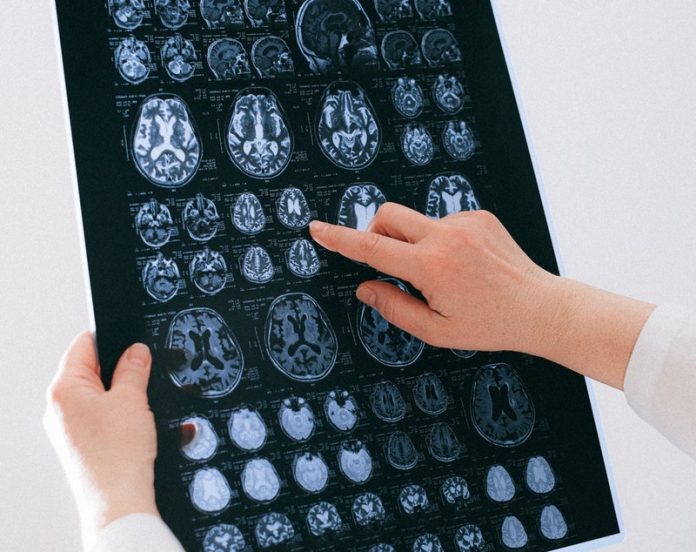
In a new study from the University of Birmingham, researchers found that stroke risk for patients with traumatic brain injuries is at its highest in the four months following injury and remains significant for up to five years post-injury.
Traumatic brain injury (TBI) is a global health problem affecting over 60 million people a year worldwide.
Incidences of TBI are rising due to a range of factors including increased falls in the elderly, military conflict, sports injuries and road traffic accidents.
However, advances in critical care and imaging have led to a reduction in TBI-related mortality.
Previous studies have associated TBI with a long-term risk of neurological diseases including dementia, Parkinson’s and epilepsy, and TBI has been proposed as an independent risk factor for stroke.
In the study, the team reviewed 18 studies from four countries and showed that TBI patients have an 86% increased risk of stroke compared to patients who have not experienced a TBI.
Stroke risk may be at its highest in the first four months post-injury but remains significant for up to five years, found the review.
Significantly, the findings suggest that TBI is a risk factor for stroke regardless of the severity or subtype of the injury.
This is particularly noteworthy because 70% to 90% of TBI’s are mild and suggests that TBI’s should be considered a chronic condition even if it is mild and patients recover well.
Researchers also found that the use of anti-coagulants, such as VKA’s and statins, could help to reduce stroke risk post-TBI, while the use of some classes of anti-depressants are linked to increased stroke risk post-TBI.
These findings suggest an association between reduced stroke risk post-TBI and the stroke prevention drugs VKAs and statins.
TBI patients should be informed of the potential for increased stroke risk and with the risk of stroke at its highest in the first four months post-injury, this is a critical time period to educate patients and their caregivers on stroke risk and symptoms.
If you care about stroke, please read studies about this treatment may cut heart attack, stroke risk by half in people with high blood pressure and findings that your mom’s lifestyle may predict when you will have first heart attack or stroke.
For more information about stroke prevention and treatment, please see recent studies about this inexpensive drug combo may prevent stroke, heart attack, heart failure and results showing that people need to stop using aspirin to prevent first heart attack, stroke.
The study is published in the International Journal of Stroke. One author of the study is Dr. Grace Turner.
Copyright © 2021 Knowridge Science Report. All rights reserved.



